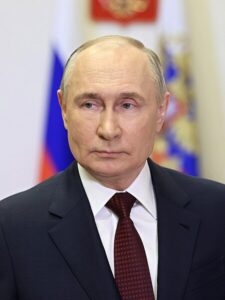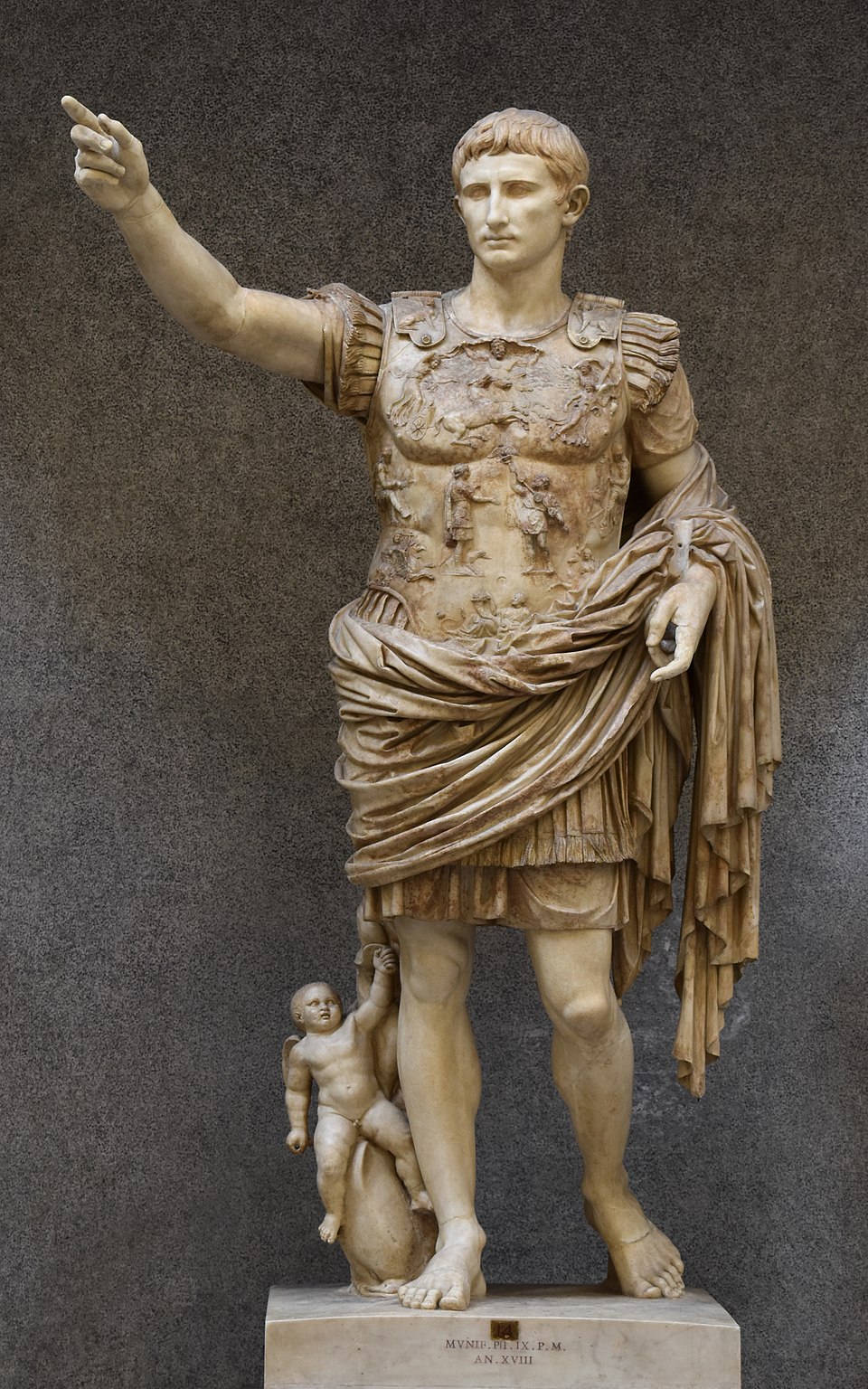 The crises with Russia and Ukraine keep escalating. Threats of invasion and all-out war have the world on edge. Neither discussions between President Biden and President Putin, NATO troops being sent to the area, nor the United Kingdom and Germany imposing sanctions against Russian banks and energy projects seems to be having an impact. As of this writing, Russia has amassed over 150,000 troops on the Ukrainian border and has started what some are calling an invasion by sending forces into eastern Ukraine, the seat of rebel-held territory. How scary have things gotten in Ukraine? Scary enough that a 79-year-old Ukrainian woman has decided to learn to fire an AK-47 assault rifle . . . just in case. When political brinkmanship of this nature occurs, the citizens are often the victims caught in the crossfire, not the leaders themselves. With that in mind, let’s turn our attention to a sociological analysis of leadership and, in the process, learn more about the people making these life-or-death decisions.
The crises with Russia and Ukraine keep escalating. Threats of invasion and all-out war have the world on edge. Neither discussions between President Biden and President Putin, NATO troops being sent to the area, nor the United Kingdom and Germany imposing sanctions against Russian banks and energy projects seems to be having an impact. As of this writing, Russia has amassed over 150,000 troops on the Ukrainian border and has started what some are calling an invasion by sending forces into eastern Ukraine, the seat of rebel-held territory. How scary have things gotten in Ukraine? Scary enough that a 79-year-old Ukrainian woman has decided to learn to fire an AK-47 assault rifle . . . just in case. When political brinkmanship of this nature occurs, the citizens are often the victims caught in the crossfire, not the leaders themselves. With that in mind, let’s turn our attention to a sociological analysis of leadership and, in the process, learn more about the people making these life-or-death decisions.
 Leaders are individuals or groups who help facilitate, guide, and be the representative voice of their members. Some political leaders have a long history of participation in government, and some don’t. For example, Joe Biden was a member of Congress and vice president of the United States before being elected the 46th president of the United States. Russian Vladimir Putin started as a KGB intelligence officer before transitioning to politics, eventually becoming prime minister and then president. The leader of the Ukraine, Volodymyr Zelenskyy, is a comedian. He’s not just a funny guy. He is an actor and comedian who appeared in the popular Ukrainian television show Servant of the People, before being elected by the Ukrainian people to the position of president in 2019.
Leaders are individuals or groups who help facilitate, guide, and be the representative voice of their members. Some political leaders have a long history of participation in government, and some don’t. For example, Joe Biden was a member of Congress and vice president of the United States before being elected the 46th president of the United States. Russian Vladimir Putin started as a KGB intelligence officer before transitioning to politics, eventually becoming prime minister and then president. The leader of the Ukraine, Volodymyr Zelenskyy, is a comedian. He’s not just a funny guy. He is an actor and comedian who appeared in the popular Ukrainian television show Servant of the People, before being elected by the Ukrainian people to the position of president in 2019.
Some leaders are transactional leaders, a leader who acts like a manager by keeping the group functioning smoothly. In the United States, Dwight Eisenhower and George H.W. Bush were examples of transactional leaders because they weren’t about making radical change but maintaining a steady status quo. Many would argue that President Biden falls into the category of a transactional leader as well. On the other hand, a transformational leader is one who causes individuals, groups, and social systems to change. The fact that in 2020 President Putin was able to change the Russian constitution to allow him to remain president for life and at the same time make over 200 amendments to the Russian constitution is a good indication of his role as a transformational leader.
 From a sociological perspective, there are three leadership styles. The first is laissez-faire, a leader that takes a hands-off approach to leadership. Leaders with this style tend to rely very heavily on their experts to get the job done without a lot of interference or handholding. Looking back historically, many political analysts identify former U.S. President Ronald Reagan as a laissez-faire leader.
From a sociological perspective, there are three leadership styles. The first is laissez-faire, a leader that takes a hands-off approach to leadership. Leaders with this style tend to rely very heavily on their experts to get the job done without a lot of interference or handholding. Looking back historically, many political analysts identify former U.S. President Ronald Reagan as a laissez-faire leader.
President Biden is a democratic leader because his leadership style is based on increasing harmony and reducing conflict between group members. This is a holdover from his years in Congress and his willingness to work with both Democrats and Republicans to create bipartisan legislation.
 By all accounts, President Putin is an authoritarian leader because his leadership style is one that is based on orders and directives. The authoritarian leadership style is very task-oriented, with the leaders expecting people to follow orders without question. Considering that Putin’s critic, Alexei Navalny, was poisoned, one can see that Putin does not like being questioned.
By all accounts, President Putin is an authoritarian leader because his leadership style is one that is based on orders and directives. The authoritarian leadership style is very task-oriented, with the leaders expecting people to follow orders without question. Considering that Putin’s critic, Alexei Navalny, was poisoned, one can see that Putin does not like being questioned.
As you may have noticed, thus far, this blog has only mentioned the name of the Ukrainian president one time. It hasn’t determined whether he is transactional or transformational, nor has it analyzed his leadership style. This isn’t a question of his worth as a leader or the cause of Ukraine. It is because Volodymyr Zelenskyy is new on the political stage and is still learning to be president. To put it bluntly, Zelenskyy is facing an invasion by Russia and has no previous political experience. Only time will tell his leadership style, if he is truly qualified to be president, or if he has reached his level of incompetence, the ultimate example of the Peter Principle.
Thompson is a co-owner of UITAC Publishing. UITAC’s mission is to provide high-quality, affordable, and socially responsible online course materials.
Images used in this blog:
- “Flags and Candles on the Ground” by Viviana Ceballos is licensed on Pexels. This image has not been altered.
- “A Kid Protesting against the War in Ukraine“ by Matti Karstedt from Pexels. This image has not been altered.
- “Volodymyr Zelensky Official portrait” by Government of Ukraine is licensed under CC BY 4.0. This image has not been altered.
- “Владимир Путин (08-03-2024)” by President of the Russian Federation is licensed under CC BY 3.0. This image has not been altered.




